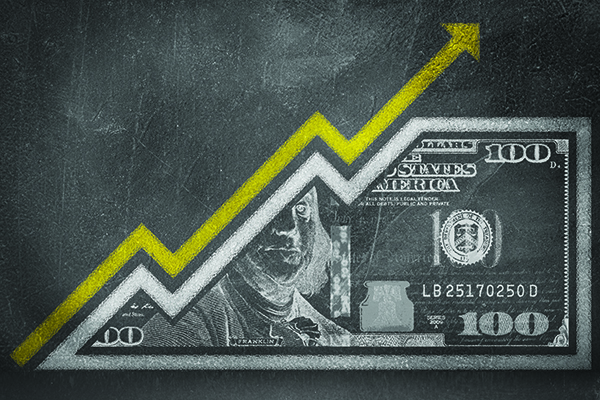Supply chain resilience has reached the peak of inflated expectations and will arrive at the plateau of productivity in five to ten years, according to the Gartner Hype Cycle for Supply Chain Strategy, 2022.
The peak of inflated expectations highlights capabilities where early publicity produces success stories, but expectations rise above the current reality of what can be achieved. Capabilities at the plateau of productivity have proven themselves. In this phase, a growing number of organizations feel comfortable with the reduced levels of risk, and the rapid growth phase of adoption begins.
“Today’s levels of disruption in global supply chains and price inflation have transformed existing notions of resilient operations. Challenges such as those from active conflict, severe weather, cybercrime, trade policy uncertainty and other risks, make improving supply chains’ resilience a key priority,” said Noha Tohamy, distinguished VP analyst with the Gartner Supply Chain practice. “At the same time, the pressure to manage traditional key performance indicators, such as cost still remains.”
Investments into emerging technologies like blockchain and advanced analytics to drive insights and improve decision making will become essential for organizations that want to advance their supply chain resilience.
This year’s Hype Cycle sees three new additions:
- A machine customer is a nonhuman economic actor that obtains goods or services in exchange for payment. Examples include Internet of Things (IoT) connected devices that place orders independently, intelligent replenishment algorithms that maintain availability of consumables, and intelligent assistants that suggest deals to consumers.
- A supply chain ecosystem partnership is a large community of independent organizations that shares and combines capabilities and develops equitable relationships to generate and exchange value to all participants. The network can grow to become an industry ecosystem when it seeks to amplify the common value to address goals that go beyond efficiency and service to risk mitigation, innovation and shared purpose such as addressing climate change.
- Hybrid work is where at least some activities can be done in any location, typically via a laptop or mobile device. With hybrid work, employees may work from a corporate location, from their homes or from so-called “third spaces” such as client sites, airports or coffee shops.
“The new additions to the Hype Cycle show how technology, a different understanding of how to work and collaborate, are changing supply chains. Leaders must use the technologies and capabilities at their disposal to guide their organization in weathering current conditions and position them to thrive in a yet-to-be-imagined future,” Tohamy concluded.
SC
MR


Latest Supply Chain News
Latest Podcast

 Explore
Explore
Latest Supply Chain News
- AI-driven sourcing: Why the speed of change is going to only accelerate
- A Silk Road city
- U.S.-bound containerized import shipments are up in June and first half of 2024
- Do net-zero goals matter?
- Boeing turned to Fairmarkit, AI to help land its tail spend
- Expand supply chain metrics to cover the complete customer experience
- More latest news
Latest Resources

Subscribe

Supply Chain Management Review delivers the best industry content.

Editors’ Picks




